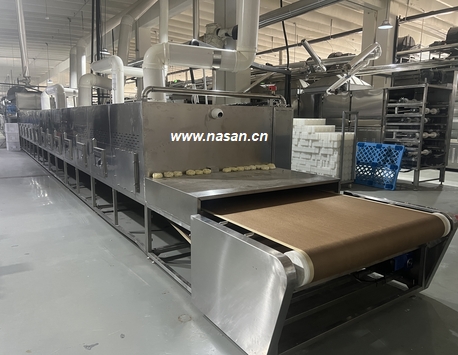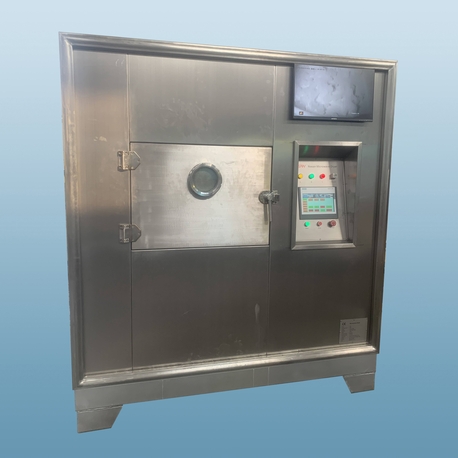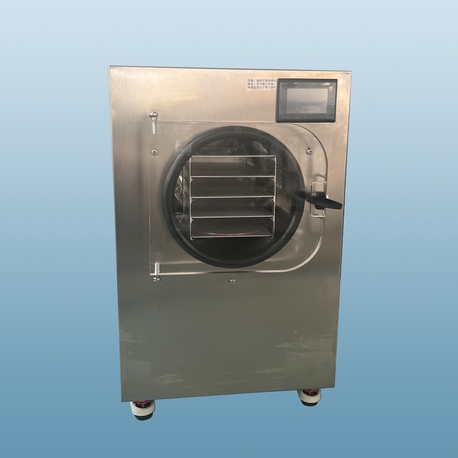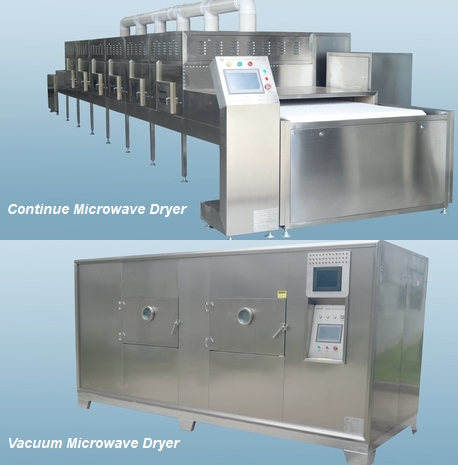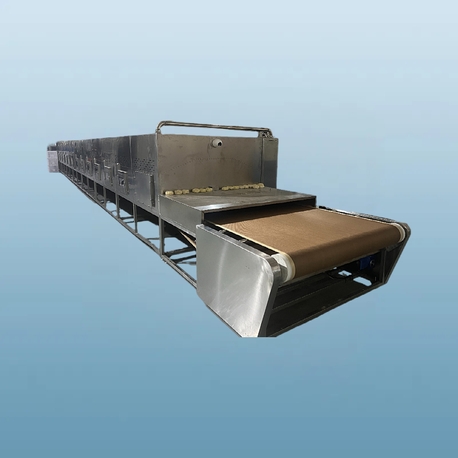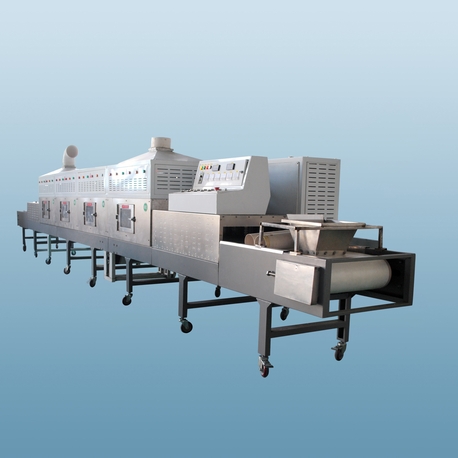When it comes to running a laundry service, a hotel, a restaurant, or any business that requires high-volume textile processing, the heartbeat of your operation is often the commercial dryer. This isn't the appliance you have at home; a commercial drying machine is a powerhouse built for durability, efficiency, and speed. Selecting the right one is a critical business decision that impacts your bottom line, operational workflow, and customer satisfaction. Whether you are a startup looking for your first unit or an established enterprise seeking to upgrade, navigating the market of commercial dryer for sale options can be complex. This article will serve as a comprehensive resource, helping you understand the different types of machines, what to look for in a reliable commercial dryer supplier, and the common challenges you might face.
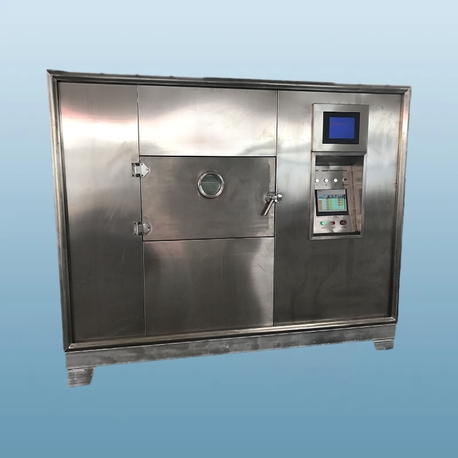
Understanding the Commercial Drying Machine
A commercial drying machine is engineered to handle significantly larger loads and more frequent cycles than its residential counterpart. These machines are constructed with heavy-duty motors, robust drums, and advanced control systems designed to withstand the rigors of daily use in a business environment. The primary goal is to dry textiles—whether linens, towels, uniforms, or chef's aprons—quickly and efficiently, minimizing downtime and maximizing throughput.
The most common types of commercial dryers you'll encounter are:
Gas-Powered Dryers: These are the most popular choice for commercial laundries due to their lower operating costs. They heat up faster and dry loads more quickly than electric models, leading to higher productivity and reduced energy expenses over time.
Electric-Powered Dryers: While often more expensive to operate, electric commercial dryers are a necessity in locations where gas lines are not available or practical. They are typically easier to install but may have longer drying times.
Vented Dryers: This is the standard design, where moist, hot air is expelled through a duct to the outside of the building. They are highly effective but require proper ventilation infrastructure.
Ventless or Condenser Dryers: These models do not require external venting. Instead, they use a heat exchanger to cool the air, condense the moisture into water, and collect it in a tank or drain it away. They offer greater installation flexibility but often have longer cycle times and higher purchase costs.
Understanding these fundamental differences is the first step in identifying the right commercial dryer for your specific needs.
Key Factors When Choosing a Commercial Dryer for Sale
Seeing a "commercial dryer for sale" sign is just the beginning. A low price tag can be tempting, but it's essential to evaluate the machine based on your long-term operational requirements. Here are the critical factors to consider before making a purchase.
Capacity and Volume
Capacity, measured in pounds or kilograms, refers to the maximum weight of dry laundry the machine can handle per cycle. Your choice should be directly tied to your daily volume.
Low-Capacity (30-50 lbs): Suitable for small hotels, boutique gyms, or small restaurants.
Medium-Capacity (50-75 lbs): Ideal for medium-sized hotels, larger restaurants, or spas.
High-Capacity (75-120+ lbs): Necessary for large hospitals, industrial laundries, and major hotel chains.
Matching the capacity to your needs prevents you from running excessive, inefficient small loads or facing bottlenecks with a machine that's too small.
Energy Efficiency and Operating Costs
The initial purchase price is only part of the total cost of ownership. A highly efficient commercial drying machine can save thousands of dollars in utility bills over its lifespan. Look for features like:
Moisture Sensors: These automatically shut off the dryer when the clothes are dry, preventing over-drying, which wastes energy and damages fabrics.
High SPF (Specific Performance Factor): This rating indicates the energy efficiency of a gas dryer. A higher SPF means better efficiency.
ECO Mode: Many modern dryers include energy-saving cycles that use lower temperatures over a longer period.
Investing in an energy-efficient model is not just good for the environment; it's excellent for your profitability.
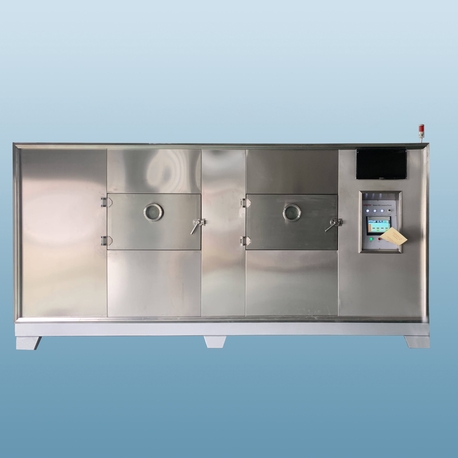
Controls and Programmability
Modern commercial dryers offer a range of control systems.
Basic Mechanical Timers: Simple and cost-effective, but require operator estimation for drying times.
Electronic Controls: Offer pre-set programs for different fabric types (cottons, polyesters, etc.), ensuring optimal drying and fabric care.
Microprocessor Controls: The most advanced option, allowing for highly customized programs, data tracking, and integration with building management systems for peak energy usage.
The right level of control depends on the skill of your staff and the variety of textiles you process.
Finding a Reputable Commercial Dryer Supplier
Your relationship with your commercial dryer supplier is as important as the machine itself. A reliable supplier is a partner in your business's success, providing not just equipment but also ongoing support. Here’s how to identify a good partner.
Product Range and Expertise
A top-tier commercial dryer supplier will offer a wide selection of brands and models from reputable manufacturers. They should have the expertise to ask the right questions about your business and recommend the most suitable solution, not just the most expensive one. They understand the differences between a dryer needed for a fire station and one for a luxury hotel.
Service, Support, and Warranty
The commercial laundry industry runs on reliability. When a machine breaks down, your business stops. A great supplier provides:
Comprehensive Warranty: Clear terms that cover parts and labor for a reasonable period.
Prompt Service Response: A dedicated, local service team that can respond quickly to repair calls.
Availability of Parts: Easy access to genuine replacement parts to minimize downtime.
Always ask for references or case studies to gauge the supplier's reputation for after-sales service.
Financing and Leasing Options
A commercial drying machine is a significant capital investment. A supplier that offers flexible financing or leasing options can make the purchase more accessible, helping you manage cash flow while acquiring the equipment you need to grow.
Common Problems with Commercial Dryers and How to Troubleshoot Them
Even the most robust commercial dryer will encounter issues over time. Understanding common problems can help you perform basic troubleshooting and communicate more effectively with your service technician.
The Dryer Won't Start
This is a common and frustrating issue. The causes can range from simple to complex.
Check the Obvious: Ensure the door is firmly closed, as most dryers have a safety switch that prevents operation when open. Verify that the machine is plugged in and that the circuit breaker or gas supply hasn't been tripped or turned off.
Start Switch: The start switch itself may have failed.
Thermal Fuse: If the dryer overheats, a thermal fuse will blow as a safety measure and will need to be replaced by a technician.
The Dryer Isn't Heating Up
A dryer that tumbles but doesn't heat will leave loads cold and wet.
Gas Dryers: The igniter may be faulty, the gas valve solenoid may have failed, or there could be an issue with the gas supply.
Electric Dryers: Heating elements can burn out over time. Thermal fuses and thermostats can also fail, cutting power to the heating circuit.
Excessive Noise During Operation
Unusual noises like squealing, rumbling, or banging are signs of mechanical wear.
Squealing: Often points to worn out drum support rollers or a faulty idler pulley.
Thumping or Banging: Usually indicates an object (like a coin) stuck in the drum baffles, or worn out drum glides.
Rumbling: Can be a sign of a worn-out blower wheel or issues with the motor bearings.
Drying Times Are Too Long
If your commercial dryer is taking much longer than usual to dry a standard load, it's hurting your efficiency.
Ventilation Blockage: This is the most common cause. A clogged lint screen or, more seriously, a blocked exhaust vent restricts airflow, causing moisture to remain trapped inside the drum. Regular cleaning of the lint screen and exhaust system is crucial.
Faulty Moisture Sensor: If the sensor is coated with fabric softener or is malfunctioning, it may not detect that the clothes are dry, causing the cycle to run indefinitely.
Overloading: Stuffing too much laundry into the machine prevents proper air circulation, leading to uneven and prolonged drying.
Selecting the right commercial dryer is a strategic decision that requires careful consideration of your business's specific volume, budget, and operational goals. From understanding the core technology of a commercial drying machine to meticulously evaluating every commercial dryer for sale offer, the process demands diligence. The role of a trustworthy commercial dryer supplier cannot be overstated, as their support will be vital for the long-term performance and reliability of your equipment. By being aware of common problems and their solutions, you can ensure smoother operations, reduce costly downtime, and protect your investment. Ultimately, the right commercial dryer is not just an appliance; it's a key component in building a efficient, profitable, and sustainable business.



